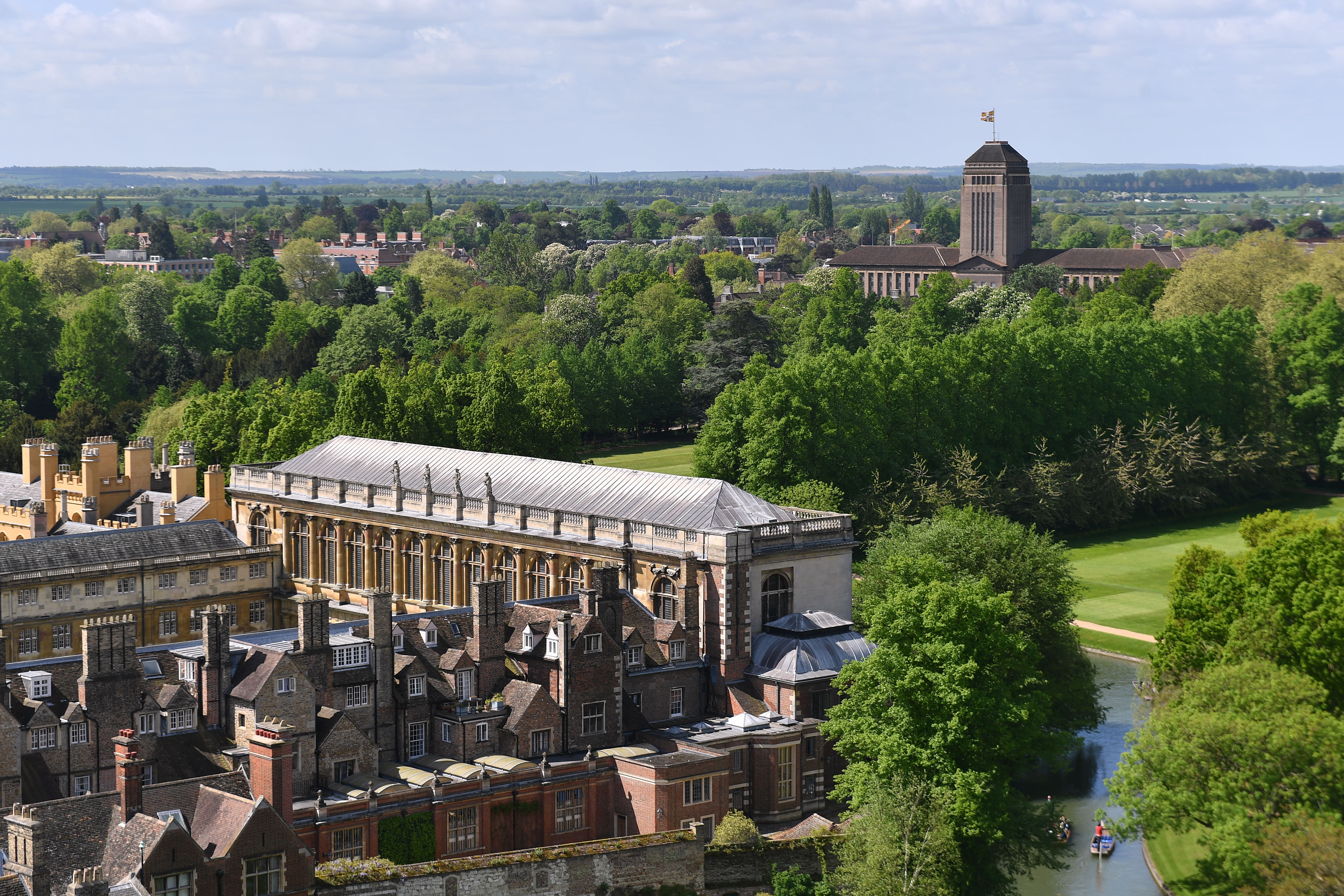£18,000-a-term boarding school included on Cambridge University admission scheme for deprived teens
Boarding schools like Gordonstoun, the King’s alma mater, and an online school set up by Harrow were included in widening participation scheme

Your support helps us to tell the story
From reproductive rights to climate change to Big Tech, The Independent is on the ground when the story is developing. Whether it's investigating the financials of Elon Musk's pro-Trump PAC or producing our latest documentary, 'The A Word', which shines a light on the American women fighting for reproductive rights, we know how important it is to parse out the facts from the messaging.
At such a critical moment in US history, we need reporters on the ground. Your donation allows us to keep sending journalists to speak to both sides of the story.
The Independent is trusted by Americans across the entire political spectrum. And unlike many other quality news outlets, we choose not to lock Americans out of our reporting and analysis with paywalls. We believe quality journalism should be available to everyone, paid for by those who can afford it.
Your support makes all the difference.Private school pupils may have been included in a scheme for deprived teens to get into Cambridge University.
Varsity, the student newspaper, reported that schools flagged under the prestigious universities’ “widening participation” scheme included £17,705 per term boarding school Gordonstoun (the King’s old school), and an online school set up by Harrow.
The scheme is designed to get applicants from underrepresented backgrounds, including “from the lowest socioeconomic groups”, Cambridge University has said.
The university’s guidance says it highlights schools where fewer than five pupils have been offered a place by Oxford or Cambridge in the past five years.
In March last year, Cambridge’s vice-chancellor Professor Stephen Toope told private schools to accept they will get fewer students into Oxford and Cambridge in the future.
A spokesperson for the university said: “All applicants to the university are considered holistically and no one piece of data is considered in isolation, in line with the admissions policy.
“An applicant’s schooling is taken into account, particularly if they come from a school which has not seen many applications to Cambridge, alongside other socio-economic factors to indicate disadvantage of opportunity.
“The new APP [access and participation plan] is being drafted now in line with Office for Student guidelines and is subject to further discussion around the collegiate university. It will continue to reflect the university’s commitment to widening participation.”
It came the month after Cambridge dropped its state school undergraduate admission targets, but insisted it would still take applicants’ schools into account, a report says.
Cambridge had beaten its targets from the previous five-year access plan in increasing state school numbers to 69.1 per cent, with the number of new students from state schools rising to just under 73 per cent in 2022-23.
Join our commenting forum
Join thought-provoking conversations, follow other Independent readers and see their replies
0Comments